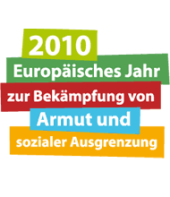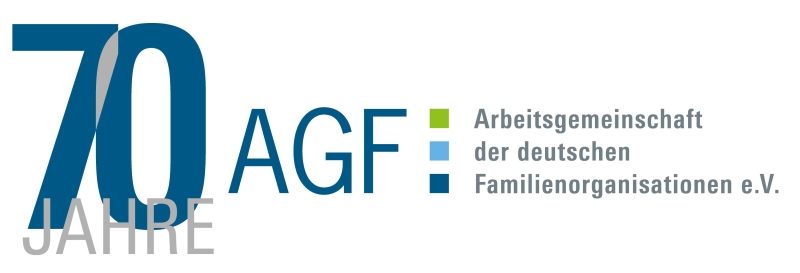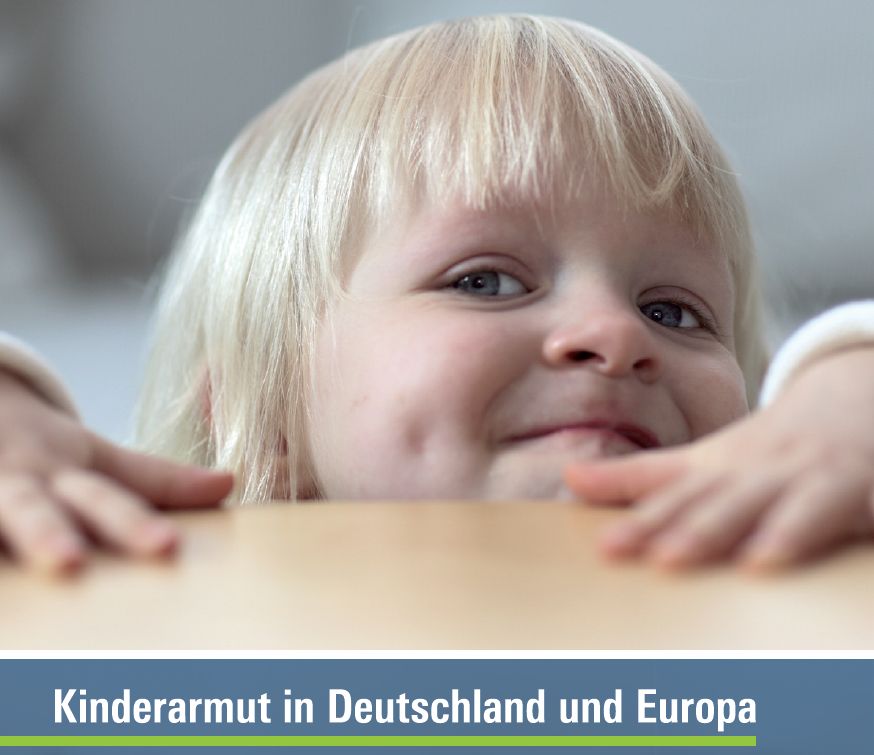
The AGF and the European Commission jointly organised a background discussion on child poverty. Representatives of NGO, of the European Commission as well as members of the European and the German Parliament were discussing in Brussels.
On the day exactly a year after the successful conference on child poverty in Europe, the participants discussed central issues for the removal and avoidance of child poverty set against the background of the European year for combating poverty and social exclusion.
Among others, the latest EU-Silc data ascertainments, as well as other plans of the European commission in relation to the new strategy “Europe in 2020”, were explained. In the course of the discharge of the strategy by the EU council there had been controversy, in particular in Germany concerning the objectives and indicators. The Federal Government had rejected the very relevant and previously established poverty indicator (somebody earning less than 60% of the median income is deemed to be threatened by poverty) just the same as it rejected the objective of lowering the number of persons threatened by poverty by 25%. A compromise settlement which is unfortunately not very adequate was adopted in the end.
Another important issue in the background discussion was education, which was seen by all in consensus as a central field in the fight against poverty. In spite of the difficult general framework due to the different competences (Europe, federal states) it remained undisputed in the discussion, that
- Education must be accessible for all children irrespective of their social situation, background, their residence permit status, place of residence and any other factors.
- Learning opportunities should already be available in early childhood in order to support of child‘s overall development
- Education should be entirely free including all teaching and learning material required and including activities and excursions
- National educational policy should aim to maximise the number of children completing formal education
- An open educational system is required, which accepts individual life experiences, considers parents as partners and which avoids social segregation
- The education, training and further qualification of nursery nurses and school teachers must be based on the educational needs and experiences of children and adolescents.
To conclude, the meaning and the possibilities which arise in the job market were discussed.
After an intensive four hours unity ruled that the exchange in this participants constellation is very important and valuable for the parties involved and regular contact should be maintained.

